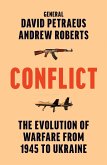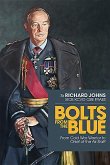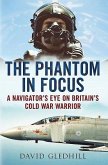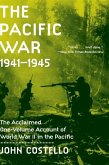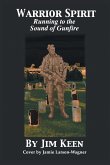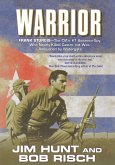_'By focusing attention on a poorly understood but vitally important aspect of Churchill's career, Tucker-Jones has performed an important service. Churchill Cold War Warrior should be read, not only as a commentary on the ironies of history, but also as an essay on the potential and the limits of power.' - _PROFESSOR RICHARD TOYE, AUTHOR OF WINSTON CHURCHILL: A LIFE IN THE NEWSIn Churchill Cold War Warrior, renowned military historian Anthony Tucker-Jones reassesses Winston Churchill's neglected postwar career. He explains how in an unguarded moment Winston inadvertently sowed the seeds for the Cold War by granting Stalin control of Eastern Europe. Famously Churchill, at Fulton, then warned of the growing danger created by this partition of the continent. Winston after the Second World War wanted to prove a point. Shunned by the electorate in 1945, instead of retiring he was determined to be Prime Minister for a second time. Biding his time he watched in dismay as Britain scuttled from India and Palestine and weathered the East-West confrontation over Berlin. He finally got his way in 1951 and took the reins of a country with drastically waning powers. Churchill was confronted by a world in turmoil, with an escalating Cold War that had gone hot in Korea and an unravelling British Empire. Communism and nationalism proved a heady cocktail that fanned the flames of widespread conflict. He had to contain rebellions in Kenya and Malaya while clinging on in Egypt. Desperately he also sought to avoid a Third World War and the use of nuclear weapons.


